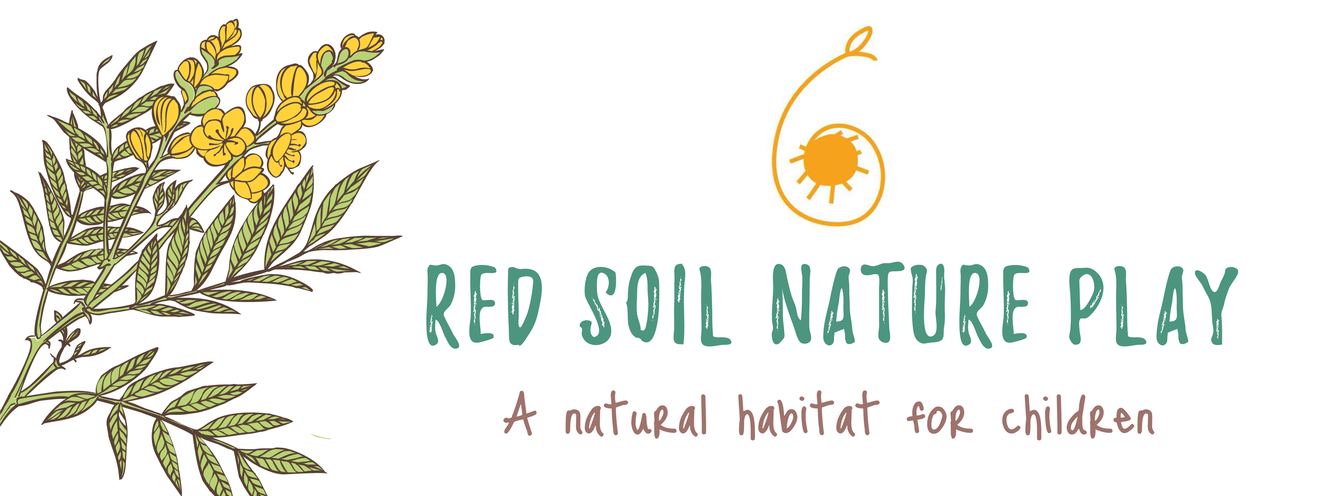Many of the world's current problems stem from a disconnect between humans and the natural systems that support and sustain us and also from a lack of understanding of the natural cycles that shape all life on this planet. Ecoliteracy, a short form for 'ecological literacy' is all about making sure that people understand and feel emotionally connected to the natural world around them and can use that understanding to tackle the problems we face and live in a more eco-friendly and sustainable way.

Ecoliteracy Means
o Taking a Holistic View
In order to survive and thrive, humanity needs to work with nature rather than fighting it. We need to learn the interconnectedness and interdependent nature of all things. We need to appreciate the roles we can play in maintaining natural cycles and energy flow to create resilient, holistic systems.
o Understanding Complex Natural Systems and Our Place in Them
Being ecoliterate involves understanding nature’s cycles: the water cycle, the carbon cycle, the nitrogen cycle, cycles of birth, life, death and decay. It involves having an understanding of the ecological cycles that flow from our sun. It also means understanding of the complex webs of life on our planet. It involves thinking about the synergistic relationships within all ecosystems and the importance of each individual element to the functioning of the whole.
o Forging Real, Emotional Connection to the Natural World
Ecological literacy involves not just an unemotional clarity about nature but also a profound emotional connection with the natural world around us. For humanity to forge a truly sustainable future, we must all rediscover a sense of wonder and gratitude for the world, and feel in a profound way our kinship with all forms of life. We must feel an intrinsic sense of our true, natural place in the natural world and think of these things first and foremost in all things that we do.
o Turning understanding into action
Furthermore, we need to move beyond understanding of nature and true connection with it. We need to reach an understanding of the real impacts of all our actions. Ecoliteracy means understanding also how we can use our ecological knowledge to build a better world – both when it comes to landscapes and ecosystems, and when it comes to our societal systems.
o Empowering Our Youth through Promoting Ecoliteracy
It is not enough that we ourselves are eco-literate. It is vitally important that we also spread that ecological understanding and sense of connection to others – especially the younger generations who will be custodians of our planet in future years. Our hope for a sustainable future for humans on this planet may cease to exist by 2050. We cannot let this happen. Empowering youth and teaching ecoliteracy brings hope that a sustainable future is possible. For that, we must change our thought processes and truly understand nature, the harm we are doing to it and how things can be changed for the better.
